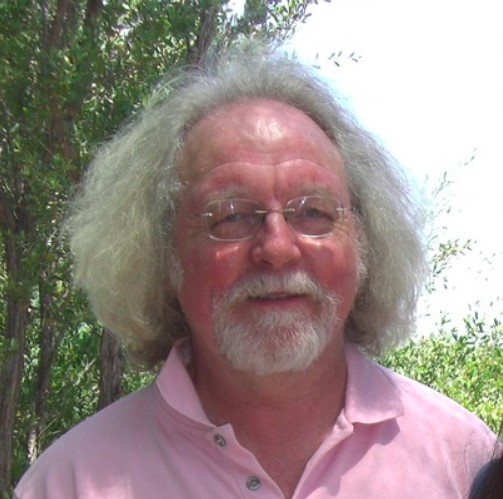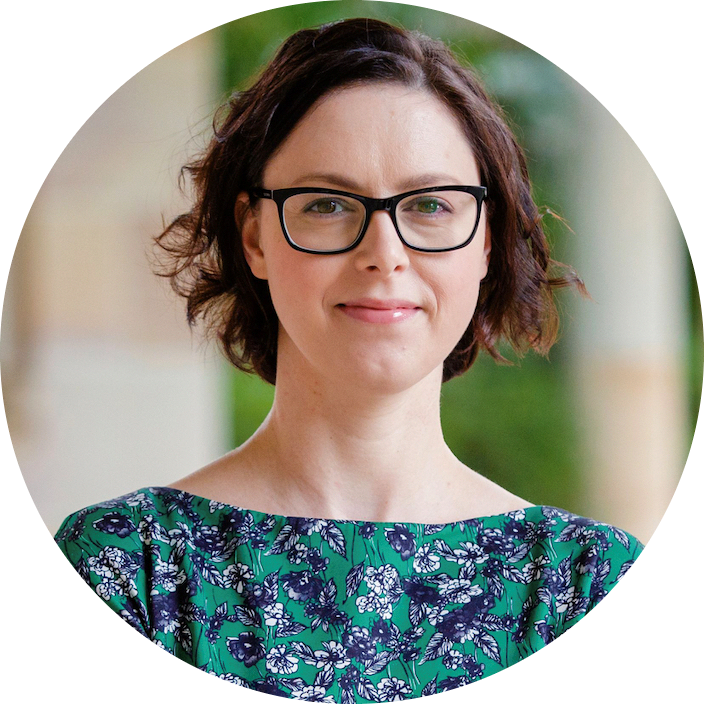Accreditation Committee

Adjunct Professor Jan Newmarch MACS (Snr)
Chair
Jan has recently retired from Associate Professor at Box Hill Institute and specialises in the Internet of Things. He is the author of 7 textbooks, in areas such as Artificial Intelligence, Programming and Software Engineering, Graphical User Interfaces and Distributed Programming, and of over 80 papers. He is Adjunct Professor at Canberra University and Adjunct Lecturer at Charles Sturt University.
Dr Paul Strooper FACS
Vice Chair
Paul Strooper is an Emeritus Professor in the School of ITEE at The University of Queensland. He was an academic at UQ from 1993-2016 and served as Head of School from 2010-2016. He received the BMath and MMath degrees in Computer Science from the University of Waterloo, and the PhD degree in Computer Science in 1990 from the University of Victoria. His main research interest is Software Engineering, especially software verification and testing, and model-based approaches to software development and verification. He has had substantial interaction with industry through collaborative research projects, training and consultation. He was chair and member of the Steering Committee for the Asia-Pacific Software Engineering Conference, and chair and member of the Steering Committee for the Australian Software Engineering Conference. He is a member of the editorial board of the Journal of Software Testing, Verification and Reliability and was a member of the editorial board of IEEE Transaction of Software Engineering from 2008-2013. From 2015-2017, he was a member of the ARC College of Experts in Engineering, Mathematics, and Informatics. He has been a panel member and chair of numerous accreditation panels for the Australian Computer Society and Engineers Australia.

Professor Chris Pilgrim FACS
Member
Professor Chris Pilgrim was an academic at Swinburne University of Technology from 1992 until 2023 having held various leadership positions including Senior Deputy Vice-Chancellor, Pro Vice-Chancellor, Chair of Academic Senate, Academic Registrar and Dean. Chris is recognised for his contribution across program development, quality assurance, academic governance, education strategy and academic policy and has an academic background in information technology with a PhD in human-computer interaction. He is also a Fellow of the Australian Computer Society and has contributed broadly to the national information technology discipline including previous positions on the executive of the Australian Council of Deans of ICT and the Australian Computer Society Professional Standards Board.

Professor Ghassan Beydoun FACS
Member
Professor Beydoun is the Head of the Information Systems Discipline at UTS. He is a professor of Information Systems. Prior to his current role, he was Deputy Head of School (research) at UTS and Head of the IT research cluster at UOW. He is also an ACS Fellow. His research expertise is in analysis and modelling of distributed systems, and his research is largely applied with an extensive history of industry partnerships, in finance, risk management, cyber security and systems analysis methodologies.

Professor Marta Indulska MACS (Snr)
Member
Marta Indulska is a Professor and Leader of the Business Information Systems discipline at the UQ Business School, The University of Queensland, Australia. She teaches on topics related to the use and management of Information Systems and Information Technology in business, specifically with a focus on increasing operational efficiency and effectiveness. Marta has a background in Computer Science and obtained her Computer Science doctorate degree in 2004. Her main research interests include conceptual modelling, data quality and open innovation. She has published over 100 fully refereed articles in internationally recognised journals and conferences, and has contributed several chapters to published books. Her research has been funded through several competitive grants, including ARC Discovery. Marta has also worked with organisations in the retail, consulting and non-profit sectors to provide guidance on a variety Information Technology topics.
Mr Tom Cleary MACS (Snr)
Member
Tom is a long time Cyber Security professional and has had a varied career in ICT. He firmly believes that the default answer for security questions should be “Yes, but…” Having worked in commercial, public, large, small and restricted environments he has seen most of the mistakes it is possible to make in enforcing “security theatre”. He firmly believes that shouting and waving hands doesn’t help things improve. Making sure that people who make decisions are fully informed (preferably practitioners with requisite experience) is the only way to make sure we reduce the number of expensive Cyber mistakes that are made.

Professor Ryan Ko FACS
Member
Professor Ryan Ko is Chair and Director of Cyber Security, and Deputy Head of School (External Engagement) at the University of Queensland, Australia. At UQ, he established UQ Cyber - UQ's interdisciplinary cyber security education programme and research centre. He previously held scientific leadership roles at Hewlett-Packard Labs and the University of Waikato, New Zealand. His research is central to many cloud security, data provenance and SIEM tools across open source (OpenStack, Kali Linux) and industry tools (ArcSight) today. He has published 100+ publications in top venues (e.g. WWW, IEEE TDSC, IEEE TSC) and has received A$13million in competitive research funding. A Fellow of Cloud Security Alliance (CSA), life member of the ACM, and recipient of the (ISC)2 Information Security Leadership Award, he holds a PhD and B.Eng.(Comp. Eng.)(Hons) from Nanyang Technological University, Singapore. He is the co-founder of the NZ Cyber Security Challenge, Head of Delegation for the Singapore national body at ISO/IEC JTC 1/SC 27, and drafted the NZQA Level 6 Cyber Security qualification as part of the NZ Cyber Security Skills Taskforce (Dept. of Prime Minister and Cabinet). Ko is a Fellow of the Australian Computer Society, Fellow of Cloud Security Alliance, Fellow of the Queensland Academy of Arts & Sciences, life member of ACM, and member of ACS and IEEE. He holds a PhD(2011) and B.Engineering(Comp. Eng’g)(Hons)(2005) from NTU Singapore

Associate Professor, Claudia Szabo
Member
Associate Professor, School of Computer and Mathematical Sciences, The University of Adelaide
